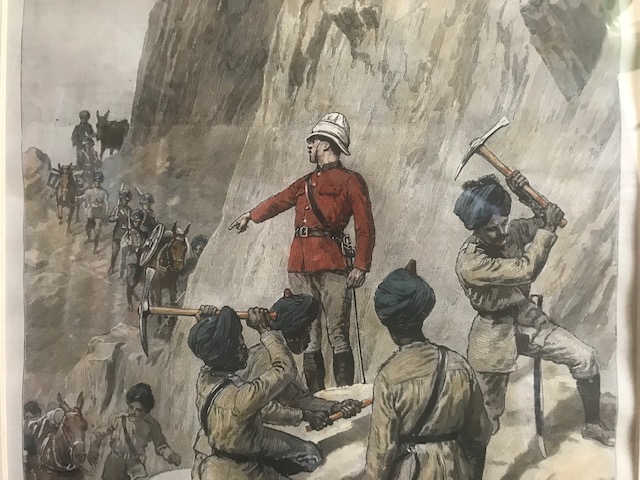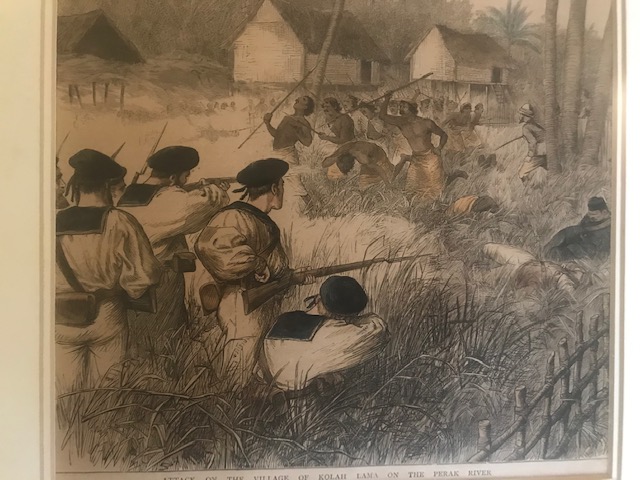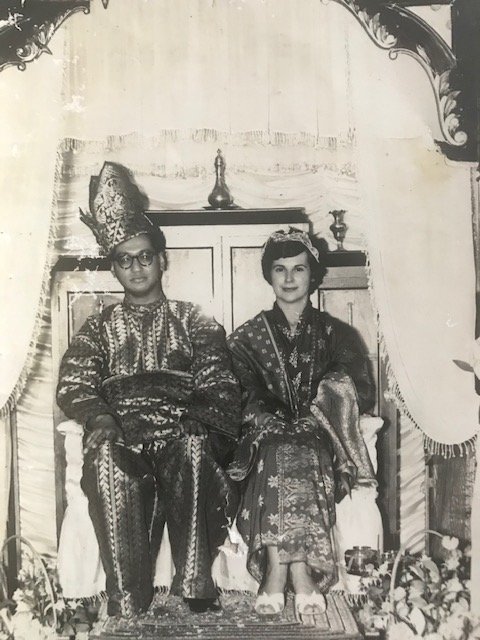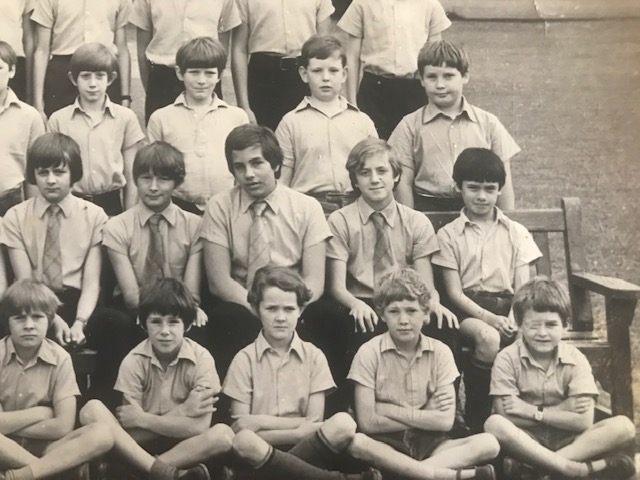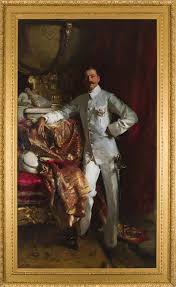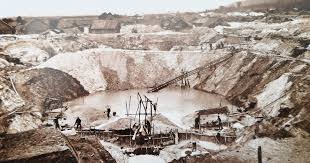@kamraslan British Empire& #39;s a very heated issue, hugely differing views from East to West and never the & #39;twain shall meet. My mother is British, my father Malay, I& #39;m Malaysian. I try not to praise or demonise either side. I look for the lived experiences and legacies. 1/12 kr
Pic: 1875 Perak War fought in my father& #39;s hometown of Kuala Kangsar. British and Malays. It encapsulates my parentage and a child& #39;s cultural and psychological journey. Just as in KK, it& #39;s a complicated internal power struggle. I don& #39;t fit a simple binary view of Empire. 2/12 kr
Pic: My parents& #39; wedding in KK 1957. Students returning to India were appalled that my father was marrying a European. In KK and UK my grandparents were bemused but accepting. Brown and white never married before Independence but the day after, lots. It& #39;s far from Wales. 3/12 kr
After my father died I grew up in England. None of my English friends cared or knew anything about Empire. I did, the stories were my link to Malaysia. For the overwhelming majority it was never a lived experience, its only legacy an old map denoting past greatness. 4/12 kr
There were many different British Empires. Malaysia alone there were 5: Straits Settlements, Federated/Unfederated Malay States, British North Borneo Company and Sarawak under the Brookes. Perak began its experience in 1870s, Kelantan only joined in 1909. All differing. 5/12 kr
Sarawak did its own thing but common elements were laws protecting Imperial governance and business, the police, army and especially elite civil servants, called Heaven Born, averse to admitting mistakes. Malayans who joined were equally celestial. Living legacies. 6/12 kr
The British Empire grew through individual ambitions of a few young men. Brunei ceded Labuan to UK in 1846 and I don& #39;t know if London knew anything about it. I& #39;ve read the Colonial Minister& #39;s biog. He talks about lots of places and never mentions this epochal moment. 7/12 kr
After a working life overseas civil servants retired to an England they barely knew except as a racialised myth of competence and culture that they had to personify. They went to Bayswater or Bedford, the locals called them "Indians". Few and old, dead by the 1980s. 8/12 kr
I look for lived experiences, especially the grimy ones. 1890s an old British doctor came to KL looking for work but was told he must be hired from London. Next day he was found dead, his bag filled with narcotics. A drug addict, he had killed himself with an overdose. 9/12 kr
Finding voices of "locals" is harder. 1890s: Chinese man hacked to death in Kajang. Killer soon found walking along the road with an ax in his head. KL: Kelantan and Java singers watched by Chinese, Malays, British trying to see some Sumatran women hidden in darkness. 10/12 kr
When rubber prices collapsed planters hanged themselves. Tin fell, forest reserve opened so miners could farm and shut down when prices rose. Back to the mines. Yes it was a British Empire but it was also an Industrial Revolution, everybody riding that runaway train. 11/12 kr

 Read on Twitter
Read on Twitter